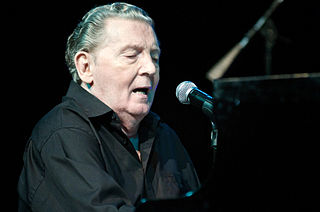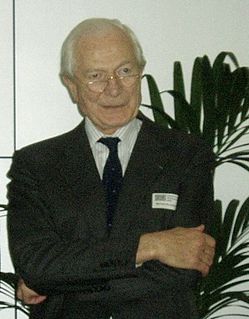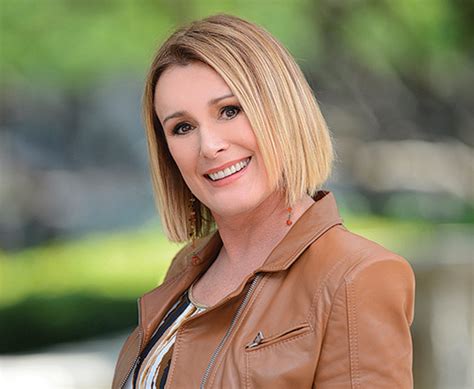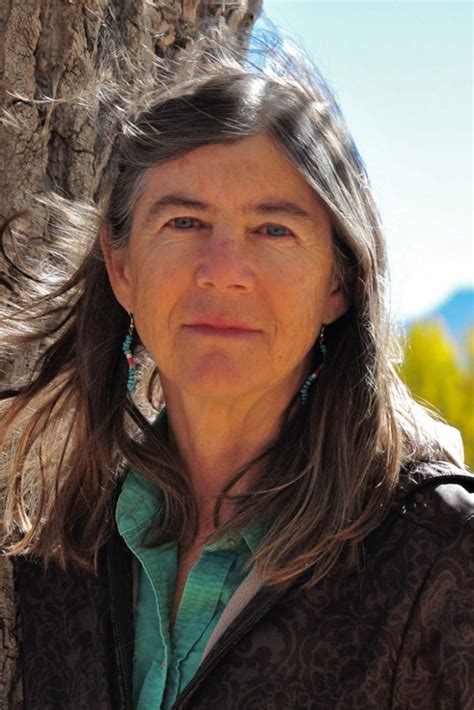A Quote by Judith Butler
Perhaps the promise of phallus is always dissatisfying in some way.
Related Quotes
The promise, made when I am in love and because I am in love, to be true to the beloved as long as I live, commits me to being true even if I cease to be in love. A promise must be about things that I can do, about actions: no one can promise to go on feeling in a certain way. He might as well promise to never have a headache or always to feel hungry.
Politicians will promise some pretty ridiculous things. They will promise a chicken in every pot. They'll promise that they'll keep Social Security solvent. They'll promise drugs for old people. They'll promise lots of stuff. But it doesn't come near the kind of promises that religion makes. The Mormons promise that if you're good while you're on Earth, you get to rule over your own planet in the afterlife. Now, there's an entitlement that goes a little bit beyond prescription drugs for old people.
Normally, things are viewed in these little segmented boxes. There's classical, and then there's jazz; romantic, and then there's baroque. I find that very dissatisfying. I was trying to find the thread that connects one type of music - one type of musician - to another, and to follow that thread in some kind of natural, evolutionary way.
Poetry is perhaps this: an Atemwende, a turning of our breath. Who knows, perhaps poetry goes its way—the way of art—for the sake of just such a turn? And since the strange, the abyss and Medusa’s head, the abyss and the automaton, all seem to lie in the same direction—is it perhaps this turn, this Atemwende, which can sort out the strange from the strange? It is perhaps here, in this one brief moment, that Medusa’s head shrivels and the automaton runs down? Perhaps, along with the I, estranged and freed here, in this manner, some other thing is also set free?
Always' was a promise! How can you just break the promise?" "Sometimes people don't always understand the promises they're making when they make them," I said. Isaac shot me a look. "Right, of course. But you keep the promise anyway. That's what love is. Love is keeping the promise anyway. Don't you believe in true love?" I didn't answer. I didn't have an answer. But I thought that if true love did exist, that was a pretty good definition of it.
When you say 'Yes' or promise something, you can very easily deceive yourself and others also, as if you had already done what you promised. It is easy to think that by making a promise you have at least done part of what you promised to do, as if the promise itself were something of value. Not at all! In fact, when you do not do what you promise, it is a long way back to the truth.
Drawing prayer circles isn’t about proving yourself to God; it’s about giving God an opportunity to prove Himself to you. Just in case you have forgotten — and to ensure that you always remember — God is for you. I can’t promise that God will always give you the answer you want. I can’t promise that He’ll answer on your timeline. But I can promise this: He answers every prayer, and He keeps every promise. That is who He is. That is what He does.
Sometimes people go off in a slightly different direction of wanting to be different, of wanting to be special, of wanting to be more, and I think that those people are often - not always, but often - genuinely different in some way. Perhaps their gender orientation is not acceptable or popular, not the norm. Or, their physical design is literally, in some way, setting them apart. Or, in many cases, they feel the burden of their ordinariness so dreadfully that they strive to find some way of being unique. I think that can be a very positive thing, but it also can be negative, destructive.
In this society, the norm of masculinity is phallic aggression. Male sexuality is, by definition, intensely and rigidly phallic. A man's identity is located in his conception of himself as the possessor of a phallus; a man's worth is located in his pride in phallic identity. The main characteristic of phallic identity is that worth is entirely contingent on the possession of a phallus. Since men have no other criteria for worth, no other notion of identity, those who do not have phalluses are not recognized as fully human.
My poems are certainly in the lyric tradition, but perhaps a reader can tell me more precisely who I am as a poet. How can I be so old and not know? I have always been deeply grateful for the urge to write, the desire to create, that's certain. Writing has always been the way I make sense of life. Perhaps my poems define me, rather than the other way around. They do constantly surprise me.








































